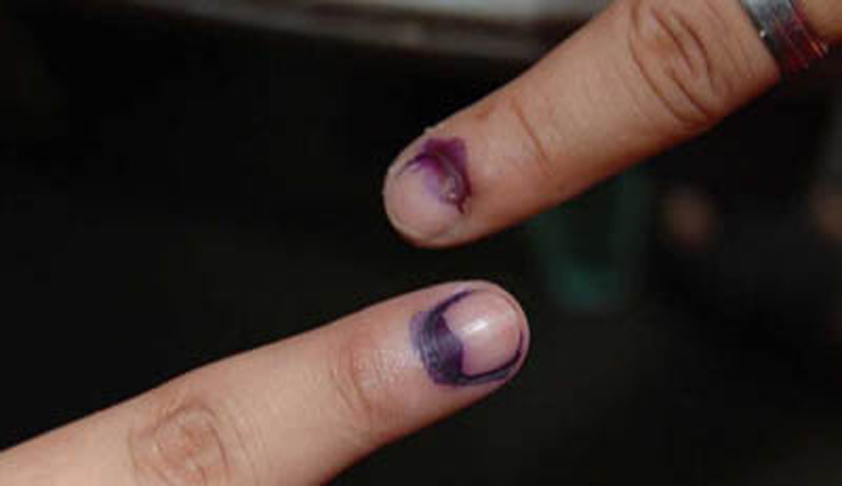Gujarat High Court halts State Govt.'s move to make Voting Compulsory
Ashok KM
21 Aug 2015 5:24 PM IST

Next Story
21 Aug 2015 5:24 PM IST
The Gujarat High Court has stayed until further orders, the decision of the Government to introduce compulsory voting in the local body election, which is going to be held in October this year. "The 'right to vote' itself provides right to refrain from voting and it cannot be turned into 'duty of voting'" the division bench of Chief Justice Jayant Patel and Justice N V Anjariya,...
